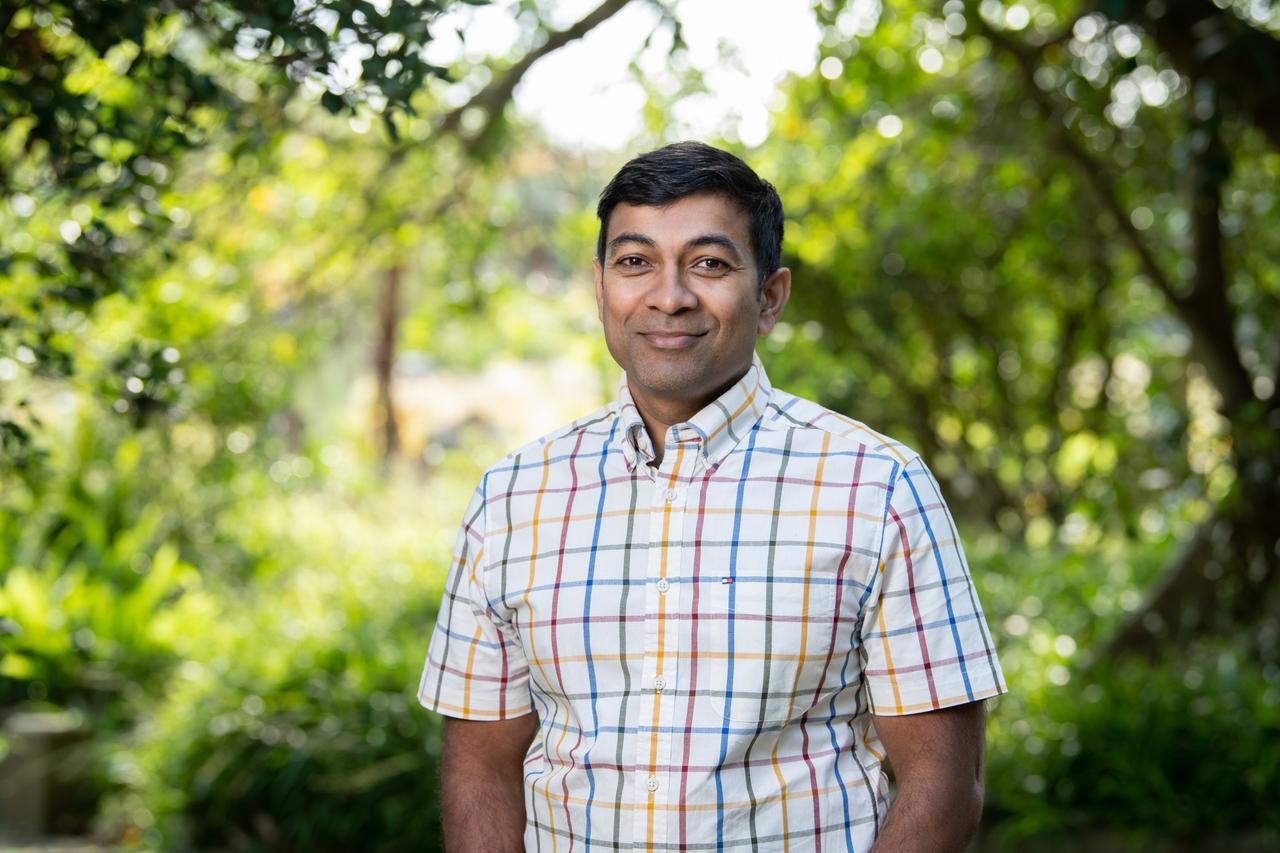- Patients
- Exploring cancer care
- Conditions we treat
- Genitourinary cancer

Genitourinary cancer
Learn more about genitourinary cancer, and treatment options offered to patients. Cancers of the female reproductive system are included under gynaecological cancer.
What is genitourinary cancer?
Genitourinary (GU) cancer refers to cancers that are found in the urinary system and the male reproductive system. GU cancers include bladder and kidney cancers (found in men and women), as well as tumours found in the prostate, penis, and testicles (just in men). As GU cancers include different cancer types, symptoms and risk factors can vary.1
Bladder cancer occurs when abnormal cells in the bladder grow in an uncontrolled way. There are three types of bladder cancer: urothelial carcinoma or transitional cell carcinoma (which is the most common type), squamous cell carcinoma, and adenocarcinoma.2
Bladder cancer journey
Find out more about the treatment journey for bladder cancer, from diagnosis to treatment.
*Cancer Council Australia. Understanding kidney cancer. November 2022.
Kidney cancer journey
Find out more about the treatment journey for kidney cancer, from diagnosis to treatment.
Prostate cancer occurs when abnormal cells in the prostate grow in an uncontrolled way. It is the most commonly diagnosed cancer in Australian men (aside from skin cancer).5 The most common type of prostate cancer is called adenocarcinoma, which develops in the cells that line the prostate gland. Other, less common types of prostate cancer include sarcomas, small cell carcinomas, and neuroendocrine tumours (NETs) or transitional cell carcinomas.6
Prostate cancer journey
Find out more about the treatment journey for prostate cancer, from diagnosis to treatment.
Testicular cancer journey
Find out more about the treatment journey for testicular cancer, from diagnosis to treatment.
- Australian and New Zealand Urogenital and Prostate Cancer Trials Group (ANZUP). What is GU cancer? Available: https://anzup.org.au/what-is-gu-cancer/ [accessed February 2024].
- Cancer Council. Understanding bladder cancer. February 2022. Available: https://www.cancer.org.au/cancer-information/types-of-cancer/bladder-cancer [accessed February 2024].
- Cancer Council. Understanding kidney cancer. November 2022. Available: https://www.cancer.org.au/cancer-information/types-of-cancer/kidney-cancer [accessed February 2024].
- Cancer Council. Understanding penile cancer. 2021. Available: https://www.cancer.org.au/cancer-information/types-of-cancer/rare-cancers/penile-cancer [accessed February 2024].
- Cancer Council. Understanding prostate cancer. March 2022. Available: https://www.cancer.org.au/cancer-information/types-of-cancer/prostate-cancer [accessed February 2024].
- Cancer Australia. Types of prostate cancer. October 2023. Available: https://www.canceraustralia.gov.au/cancer-types/prostate-cancer/types [accessed February 2024].
- Cancer Council. Understanding testicular cancer. August 2023. Available: https://www.cancer.org.au/cancer-information/types-of-cancer/testicular-cancer [accessed February 2024].

You are leaving our website
You are now leaving our website. GenesisCare do not control this content and therefore are not responsible for its accuracy or reliability.
Disclaimer:
This website is provided for information purposes only. Nothing on this website is intended to be used as medical advice, or to diagnose, treat, cure or prevent any disease. It should not be used as a substitute for your own health professional's advice. Any medical procedure or treatment carries risks. Before proceeding with treatment, you should discuss the risks and benefits of the treatment with an appropriately qualified health practitioner. Individual treatment outcomes and experiences will vary.